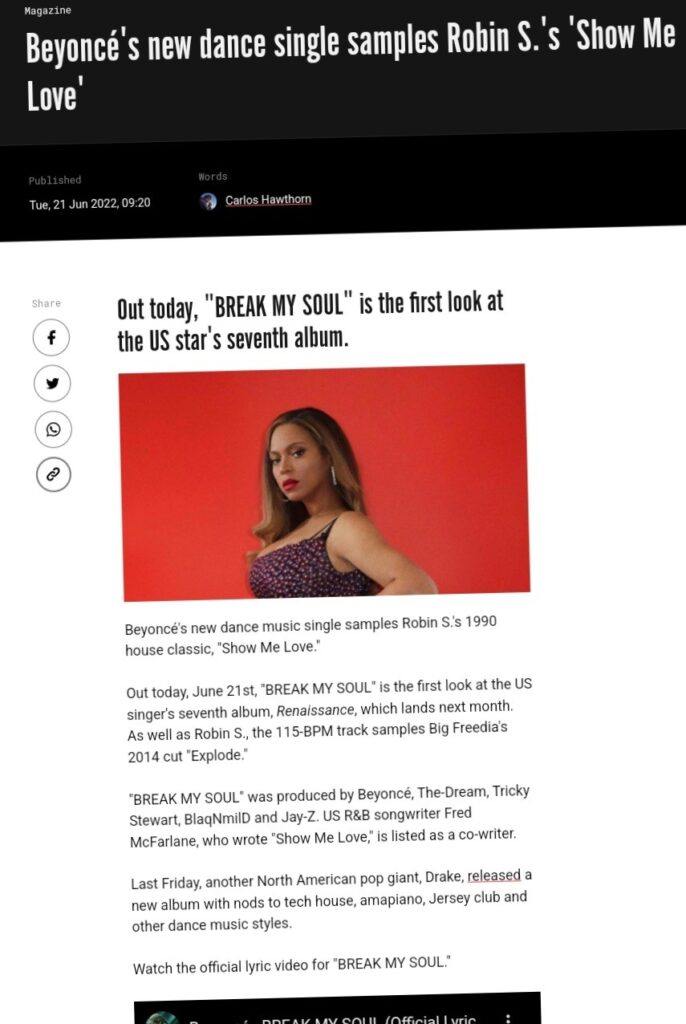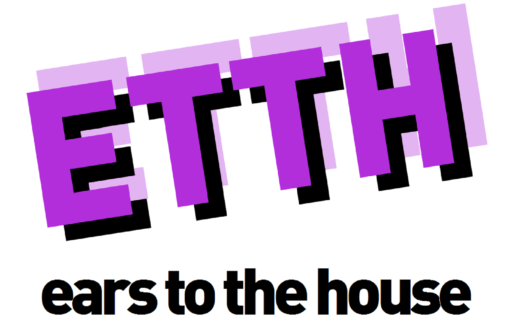It’s been a while since Ears To The House had a post about Resident Advisor – so much so that we’d forgotten just how enjoyable it was scrutinising them. Especially when we recall editor-in-chief Whitney Wei made a vow shortly after being appointed to “raise the calibre of music journalism”.
The fact she was basically denigrating the journalism on the site whose editorship she’d just taken on is something we shall allow to slide – at least for now. Since then, we’ve been keeping watch over how Resident Advisor has progressed under her leadership. Each time, our conclusion is that it hasn’t.
Bringing in new features such as a digital cover story – which allow them to post expensive pictures on their site, but do nothing to improve the user experience for anyone – along with a wellness week in the middle of a Covid-19 wave and articles about what clubbers should eat is not our idea of raising the calibre of anything, let alone music journalism.
And yesterday, the site have ran an inevitable clickbait article about “Break My Soul”, the new single by Beyoncé Knowles. Like Drake a few days ago, Knowles appears to have discovered that house music exists – roughly 37 years after the rest of the world did.

The song itself is a forgettable load of trite – and that was one of the politer descriptions amidst discussions within Ears To The House on the subject. It features boring vocals, an uninspiring plastic sounding piano and not terribly exciting drum programming. And the dance music press are currently wetting themselves with delight over the “news” the song samples “Show Me Love” by Robin S.
There’s just one problem with this claim. It’s complete rubbish. Sure, it uses an organ patch similar to the one on Stonebridge’s 1993 version of “Show Me Love” – Organ 2 on the Korg M1 – but it’s not a sample. What they’ve done is taken that notorious chord progression, played about with it a bit and used the result. But why does that mean Fred McFarlane, one of the song’s original writers, is credited?
The answer is simple – industry politics. Given the number of lawsuits alleging copyright infringement there are these days, it’s often easier just to provide a writer’s credit to the song to avoid the problem altogether. This even applies in cases where the melody isn’t the same – something which Resident Advisor’s journalists would have discovered had they bothered to do any research beforehand.
They didn’t, of course. Whitney Wei’s mission to raise the calibre of music journalism fails once more – but if it’s any consolation, almost all of the music press ran the same nonsense too…



